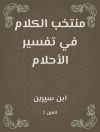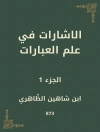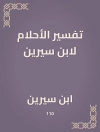Mary Douglas’s innovative explanations for styles of human thought and for the dynamics of institutional change have furnished a distinctive and powerful theory of how conflicts are managed, yet her work remains astonishingly poorly appreciated in social science disciplines. This volume introduces Douglas’s theories, and outlines the ways in which her work is of continuing importance for the future of the social sciences. Mary Douglas: Understanding Human Thought and Conflict shows how Douglas laid out the agenda for revitalizing social science by reworking Durkheim’s legacy for today, and reviews the growing body of research across the social sciences which has used, tested or developed her approach.
İçerik tablosu
List of Figures
Preface
Acknowledgements
Introduction
Chapter 1. Social organization in Microcosm: Anomalies and Ritual Concentrate Conflict
Chapter 2. Comparing on a Grand Scale: Elementary Forms do the Organizing
Chapter 3. Building Fundamental Explanations: Rituals do the Institutionalizing, and Institutions Make Change
Chapter 4. Analytic Method is also Ritual Peacemaking: Thinking in Circles Helps to Defuse Conflict
Chapter 5. Douglas’s Contribution to Understanding Human Thought and Conflict
Coda
References
Index
Yazar hakkında
Paul Richards was formerly Professor of Anthropology at University College London, and now advises the Directorate of Research at Njala University in Sierra Leone. His numerous publications on the civil wars of the 1990s in West Africa have applied Douglas’s theoretical insights to understanding rebellion and violent factional conflict.












